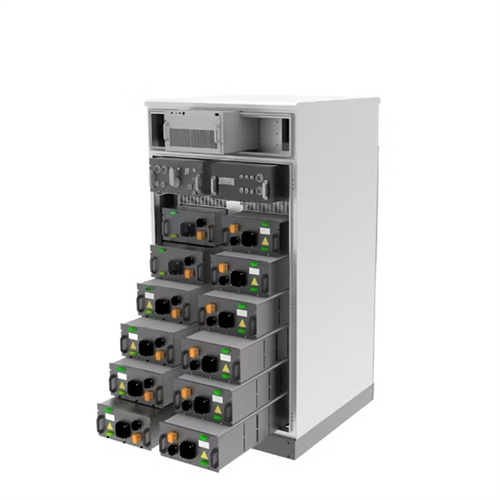About Soda power energy storage battery
One promising technology is sodium batteries, which use sodium hydroxide, or caustic soda, as their precursor rather than lithium hydroxide. Caustic soda is a highly versatile material used to manufacture a wide variety of products including paper, textiles, detergents, metals, and even lithium batteries.
As the photovoltaic (PV) industry continues to evolve, advancements in Soda power energy storage battery have become critical to optimizing the utilization of renewable energy sources. From innovative battery technologies to intelligent energy management systems, these solutions are transforming the way we store and distribute solar-generated electricity.
When you're looking for the latest and most efficient Soda power energy storage battery for your PV project, our website offers a comprehensive selection of cutting-edge products designed to meet your specific requirements. Whether you're a renewable energy developer, utility company, or commercial enterprise looking to reduce your carbon footprint, we have the solutions to help you harness the full potential of solar energy.
By interacting with our online customer service, you'll gain a deep understanding of the various Soda power energy storage battery featured in our extensive catalog, such as high-efficiency storage batteries and intelligent energy management systems, and how they work together to provide a stable and reliable power supply for your PV projects.
6 FAQs about [Soda power energy storage battery]
How much energy does a first-generation sodium battery produce?
CATL’s first-generation sodium battery generates 160-watt-hours per kilogram. This is 10% less energy than iron LFP batteries and 40% less than mass produced nickel batteries. CATL plans to increase the energy density of next generation sodium ion to 200 Wh/kg.
Are sodium ion batteries the future of energy storage?
There is also rapidly growing demand for behind-the-meter (at home or work) energy storage systems. Sodium-ion batteries (NIBs) are attractive prospects for stationary storage applications where lifetime operational cost, not weight or volume, is the overriding factor.
Can sodium solid-state batteries work better than lithium?
“Sodium solid-state batteries are usually seen as a far-off-in-the-future technology, but we hope that this paper can invigorate more push into the sodium area by demonstrating that it can indeed work well, even better than the lithium version in some cases,” Deysher said.
How much would soda ash cost per kWh?
There would be hundreds of TWH of power storage from each billion tons of soda ash. Based on material costs of $4 per kWh there could be $8 to $10 per kWh sodium ion batteries in the future. This would be ten times cheaper than energy storage batteries today. Soda Ash Mine in Wyoming
Is caustic soda the future of battery recycling?
As its use in battery production, recycling, and recovery grows, demand will continue to intensify, with battery recycling in particular projected to balloon as a global market from $8 billion in 2022 to $200 billion by 2040. To meet this present and future demand, the industry must step up caustic soda production.
Are sodium-based batteries Cramming more energy into a smaller package?
And crucially, sodium-based batteries have recently been cramming more energy into a smaller package. In 2022, the energy density of sodium-ion batteries was right around where some lower-end lithium-ion batteries were a decade ago—when early commercial EVs like the Tesla Roadster had already hit the road.
Related Contents
- Iraq power grid energy storage battery
- Power and energy storage battery research
- Energy storage battery bms power supply mode
- Risks of battery energy storage power stations
- Power battery and energy storage industry
- Energy storage battery power display
- Energy storage battery power plant
- Energy storage power station battery standards
- Cobalt battery energy storage power station
- Power lithium battery cascade energy storage
- Power capacitor battery energy storage system
- Power lithium battery energy storage


